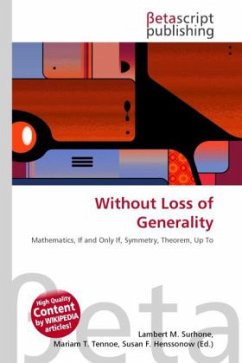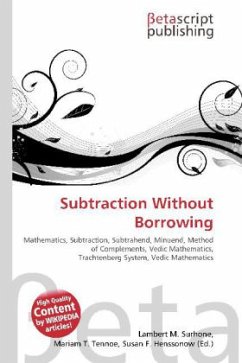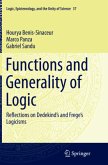High Quality Content by WIKIPEDIA articles! Without loss of generality is a frequently used expression in mathematics. The term is used before an assumption in a proof which narrows the premise to some special case; it is implied that the proof on this subset can be easily applied to all others. Thus, given a proof of the special case, it is trivial to show that the conclusions follow from the full premise. This often requires the presence of symmetry. For example, if two numbers are called x, y, and it is known that x y, then any relationship proved based on this assumption will hold for the complementary relation, y x, because the roles of x and y are interchanged, but the proof is symmetric in the two variables. In other words, if we know that P(x, y) is true if and only if P(y, x) is true, then without loss of generality it is enough to show P(x, y) is true (since P(y, x) then immediately follows, by symmetry). (In this context, we call P symmetric.)
Bitte wählen Sie Ihr Anliegen aus.
Rechnungen
Retourenschein anfordern
Bestellstatus
Storno








